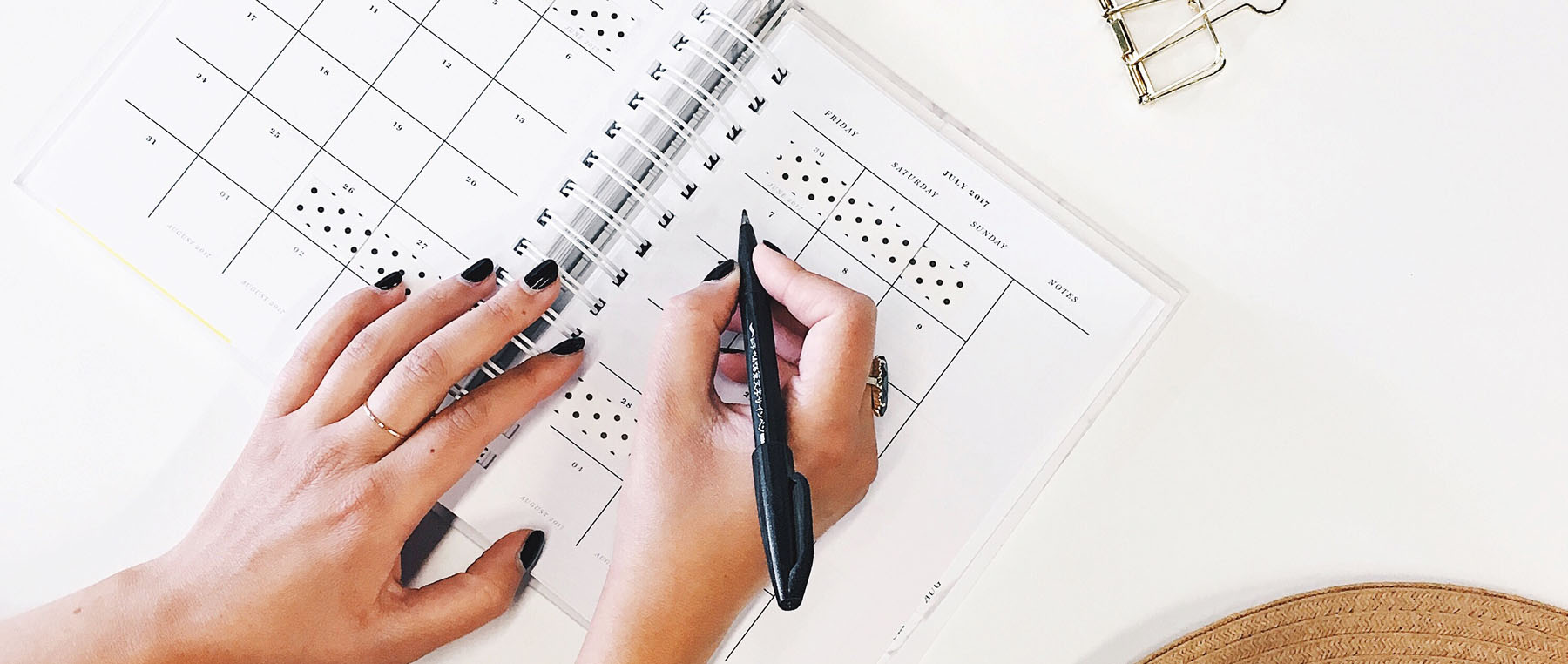Learn tips to eat well for peak Cognitive Performance and overall well-being
If you’ve been reading my blogs, you know how important eating well and nourishing your body is for your Cognitive Performance and overall well-being. To support you to be the best throughout the day, here are some of my favorite personal recommendations for a healthy diet and a healthy life.
Hydrate for Health!
Drink up….but focus on the good stuff! Water should be plentiful, with a gallon a day being the minimum amount a full-grown adult should be drinking. Of course, there are many factors that come into play such as body weight, energy output, health, etc. Keep yourself hydrated and avoid the dehydration blues (it’s true…when you’re dehydrated, it can make you grumpy) Water is key to superior cognitive performance.
To Drink or Not to Drink Alcohol
When it comes to other kinds of drinks, take alcohol, for example, it’s best to drink in moderation. I believe it’s best to minimize or avoid alcohol and sugary drinks altogether if you are striving for peak performance, emotional well-being, and high mental agility. Besides making you feel bad the next day, alcohol can cause you to gain weight in the belly due to its Acetaldehyde metabolizing into acetate and then converting into fatty acids. However, many individuals make up the 56% (source: National Institute for Alcohol Abuse and Alcoholism) who have consumed alcohol in the last month. If you are looking for a “drink” that is best for you, try red wine. In studies dated back to 2010, it has been reported that red wine has more antioxidants than other alcoholic drinks. You may be confronted with social situations that entice you to drink alcohol which can be challenging, but for those with the desire to do so, it is not impossible to change your drinking habits. [Brainfit Tip:] Try ordering sparkling water in a wine glass – a pleasurable brain fit experience without the side effects!
Importance of Vitamins and Minerals
Be sure that you’re giving your body a balanced diet rich in vitamins and minerals that are essential to a healthy life. The easiest way to get all your vitamins is through a multivitamin that is taken daily. I recommend thiamine, folate, other water-soluble B vitamins, and vitamin C as the key supplements to your diet. You should also make sure you’re getting enough vitamin D to help with your cognitive performance and energy levels, especially if you live in a place where some seasons keep the sun away.
Calcium is important to keep your bones healthy, so make sure that you are getting calcium in whichever way you like best – dairy, almonds, kale, navy beans, and cheese are all good sources. However, remember the most important factor for ensuring that the dietary calcium becomes made into bone, is that you exercise. The exercise does not need to be intense, walking every day will help ensure you are encouraging the calcium to go to your bones.
There are many multivitamins on the market and selecting a brand can be overwhelming. A rule of thumb is to make sure that they do contain the above mentioned Thiamine, folate, other B vitamins and vitamin C. Also, be sure the vitamins don’t contain any added preservatives or unnecessary ingredients. If you are seeking vitamin optimization, ask your Doctor about a full panel blood test. This type of test can determine where you may be lacking in vitamins and minerals.
Eating WHOLE Foods
Eating food in its natural form is the best way to ensure that what you’re eating feeds your body in the best way possible. Some age-old truths remain the same – Fruits and vegetables are necessary to any diet. Vegetables should make up a large portion of your meals, and leafy greens are great to fill you up and provides you with the essential fiber to aid in digestion. When selecting fruits, avoid processed versions, and anything with added sugar or syrup. The fresh fruits and vegetables you purchase should be pesticide free. If it not possible to buy organic, invest in a fruit and vegetable wash that easily removes pesticides, waxes, and chemicals.
You can complement both of these with some whole grains. Try to avoid excess salt in your foods and stick with fresh and unprocessed foods as much as you can. When it comes to carbohydrates, stick to complex and natural whole grains. These come naturally with fruits and vegetables, too, which is great! Avoid sugary bread desserts like cookies, pies, and donuts if you’re looking to lose weight and take away some brain fog that comes with a sugar crash.
Protein as Building Blocks
Protein should be your primary source of calories. When it comes to types of protein, I recommend fish, lean meats, and nuts. Wild caught fish is a superior source of protein. With over 1,000 centenarians, Okinawa has earned a reputation as a “land of the immortals.” Their diet, which is rich in fresh fish, is one of the key reasons claimed for their life longevity. I would also recommend avoiding farm-raised salmon and shrimp. Farm-raised shrimp and fish can contain toxins that are bad for your body. Chicken is another great option if you are eating meat. If not, adding in nuts, whole grains, beans, and legumes are perfect ways to get protein in your diet.
Good Fats vs. Bad Fats
It’s important to not give fats bad of a name. Essential for brain and body fitness, fats are necessary and keep you satiated when they are “good” fats. A simple way to include “good” fats in your diet is to add in some olive oil to your cooking. Be sure to bring more Omega 3 fatty acids into your diet via salmon and other fish. Avocados and almonds make great snacks and/or additions to your meals. Don’t shy away from adding good fats to your diet! To learn more download my book “Become Extraordinary!” here.
My Challenge To You
Try to brainstorm some healthy meal and snack ideas that contain whole foods, good protein, and healthy fats. Having a list on hand of healthy foods can help if you’re in a time crunch or if you are eating out and looking for good ideas. Invest in a water bottle that you can carry with you everywhere you go to ensure that you’re sipping away throughout the day. [Brainfit tip:] Try replacing one “poor” food choice with a “healthy” selection for 10 days. Notice any changes and write down your observations.
In health,
Bernadette









